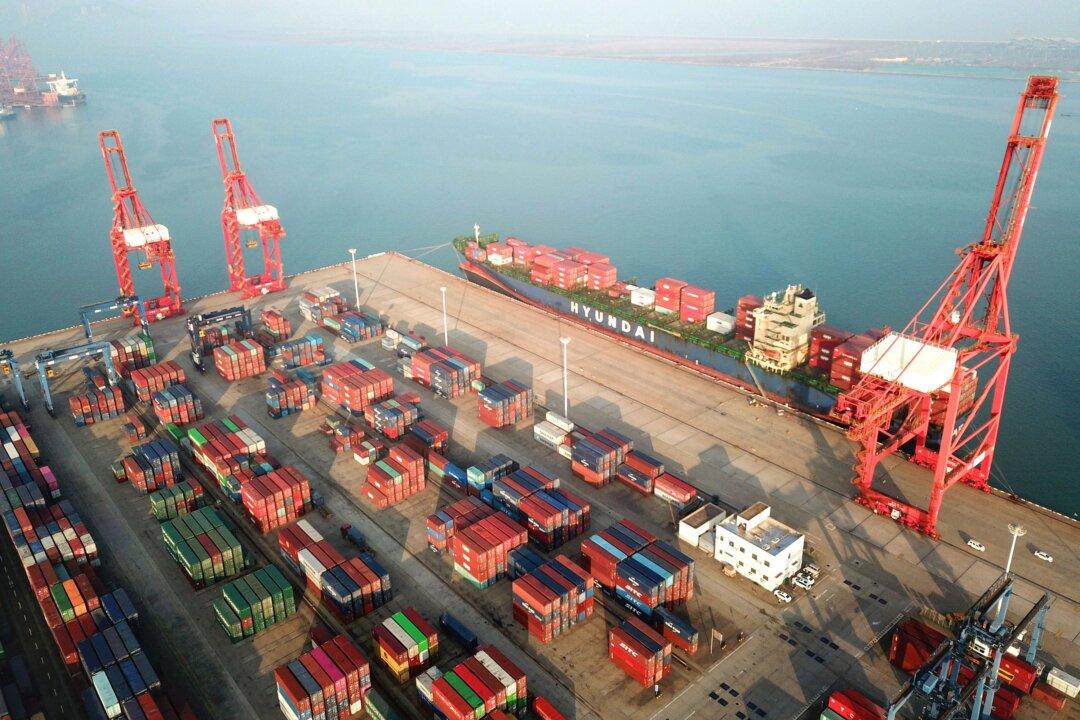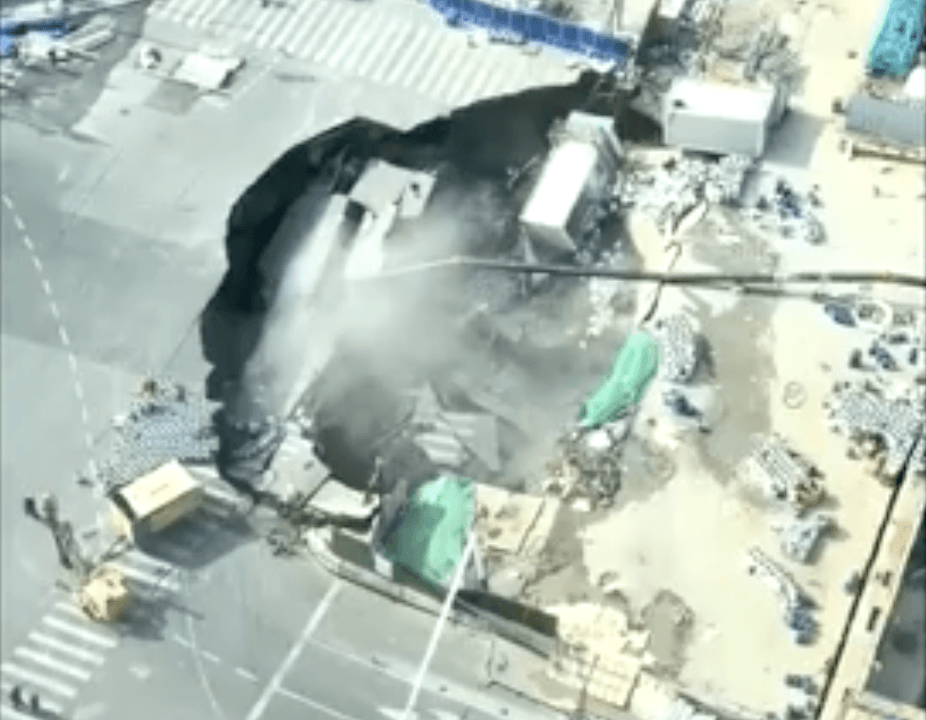The Chinese regime has placed new export restrictions on antimony, a crucial metal for batteries and nuclear weapons, further tightening its hold on the supply chains of strategic minerals in which it dominates global production.
The Ministry of Commerce said in a statement on Aug. 15 that antimony and its chemical compounds will be subjected to export controls starting Sept. 15. Traders who seek to export the mineral in various forms will now have to obtain a license from the ministry and provide detailed information about the overseas buyers and their export plans.




